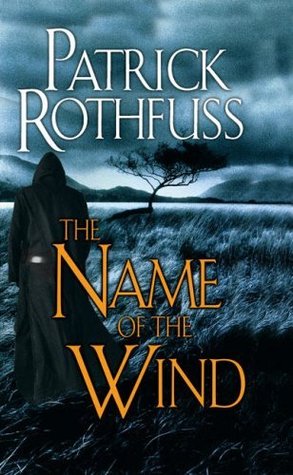Steph is surprised that an opinion like this exists in the 21st century, considering the wide range of talent coming from Canada recently. The acclaimed novels of the last ten or fifteen years are less than stereotypical and point toward a new identity of Canadian writing. However, Coupland also admits to this. He writes that it is disappointing that the many, many great writers of the new generation do not get the recognition they deserve or are categorized as "experimental": "CanLit is not a place for writers to experiment, and doesn’t claim to be that kind of place. CanLit is about representing a certain kind of allowed world in a specific kind of way, and most writers in Canada are O.K. with that — or are at least relieved to know the rules of the game from the outset and not have to waste time fostering illusions." Is it surprising that Coupland has this opinion? No: from his debut with Generation X, he has been outside of CanLit, and he also admits to this.
Steph's vehement post brings to our attention all of the great writing that has come out of Canada in the last ten years, and she is right: There has been some great writing to come out of Canada in the last ten years. But Coupland is not saying that there is not great writing, just that the established literary community in Canada expects a different type of writing from Canadian writers, more in line with Atwood or Ondaatje. Steph makes a plea for changing this definition:
To be Canadian is to always be searching for meaning, place, purpose, in our own country, in the world. I think all humans do this. The details in our writing are not only what make us relate to each other, but what place us in time and sensibility. Ultimately, we write about the human experience, not just the Canadian one. But that Canadian experience, because of our origins and changing culture and constant questions of identity, and our observations of daily life (which Coupland details quite effectively in his own novels), as well as our ability to imagine outside our boundaries, defies being boxed by its very definition. So why must we insist on limiting it? Canadian writers are daily redefining CanLit. If we’re paying attention, there’s no way we could think like Coupland.I sympathize with Steph on this point, as it is nearly impossible to categorize Canadian writing into a neat container. Many authors write about experience outside of Canada, and in ways foreign to traditional writing, and will never fit into a description of CanLit. But all great Canadian writers share a fundamental acceptance of their place in the world: a separation from the parts around it, a realization that we are indeed different from other writers from other places. Authors may not always write about rural Canada, or regional stereotypes, but they are always Canadian.
CanLit may be changing with every Patrick deWitt or Zsuzsi Gartner that comes along, but it is a slow change, one that must take into account the 200+ years of writing that came before it. And while British and American writers may not be under pressure to write the great national novel, it will always be a presence in Canadian writing, for we are irrevocably changed by our environment, our country, our separateness, in ways that those authors aren't. Then again, Hilary Mantel just won the Man Booker Prize for Bring Up the Bodies, about a period of time quintessential to modern British identity. It may not be a Canadian thing, but a global necessity that writers write about what's around them.
Check out both articles to add your opinion about Canadian literature. As well, kudos to Steph for setting up the visual guide, with stacks and stacks of great Canadian books to illustrate her point. It made me eager to keep reading great Canadian writing. Speaking of which, time to get back to Tamas Dobozy.





No comments:
Post a Comment